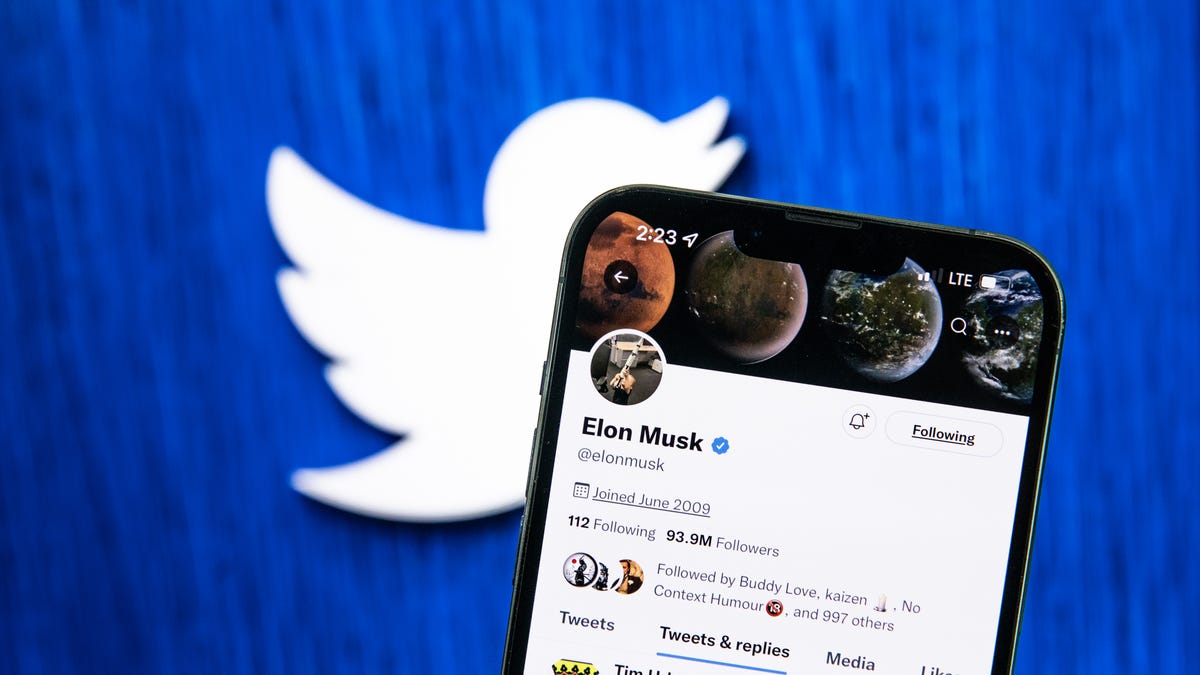Twitter faced renewed criticism on Thursday over handling child sex abuse imagery when it decided to reinstate the account of a right-wing influencer who posted a disturbing image of a tortured toddler. The report had over 500,000 followers, and some complained about the suspension, arguing that it was due to political messaging. However, Twitter’s owner, Elon Musk, responded on Wednesday, stating that the rest was, in fact, because of the distressing image.
Musk clarified that only the members of Twitter’s CSE team, responsible for handling child sexual exploitation cases, had access to those pictures. He announced that the offending posts would be deleted, and the account would be reinstated. Surprisingly, despite the disturbing nature of the image, it had already garnered more than 3 million views and 8,000 retweets, according to Twitter’s statistics from a cached version of the tweet on Tuesday.
Experts pointed out that even partially obscured images, like those shared by the influencer, often fall under the category of illegal child sex abuse material (CSAM).
According to Gavin Portnoy, vice president of the National Center for Missing and Exploited Children, even if an image is redacted, it can still be considered child sexual abuse material (CSAM) if it is evident that the subject is a child. The National Center for Missing and Exploited Children is a congressionally chartered nonprofit organization dedicated to combating child victimization and serves as the nation’s clearinghouse for such matters.
Requests for comments from Elon Musk and Twitter went unanswered.
McGee’s Justification and QAnon’s Influence
Dominick McGee, the individual behind the Twitter account that posted the controversial image, claimed he did so to bring attention to child sex trafficking. The photo in question was taken from a notorious child abuse video created by Peter Gerard Scully, an Australian who was sentenced to life in prison plus 129 years in 2022 for his heinous crimes, which included rape, human trafficking, and the sexual abuse of children as young as 18 months.
McGee has gained popularity within the community of QAnon adherents, a group associated with baseless conspiracy theories, including the unfounded belief that high-level government officials, particularly Democrats, are involved with or influenced by child predators. In an exciting turn of events, Musk, who now owns Twitter and is rebranding the company as X, reinstated banned QAnon accounts after the acquisition. His vision is to expand the platform to include commerce and payment services and its existing discussion and messaging functions.

When asked whether he regretted sharing the image, McGee responded that he believed he was suspended for posting about former president Barack Obama. He dismissed the notion that this was just an excuse and mentioned this in a direct message.
Ongoing Challenges in Combating Child Exploitation on Twitter
Twitter’s “zero-tolerance” policy, last updated in 2020, clearly states that any involvement with child sexual exploitation material (CSAM), such as viewing, sharing, or linking to it, is considered one of the platform’s most severe violations. This is because it contributes to re-victimising the children depicted in such material. According to the policy, the usual consequence for violating this rule is an immediate and permanent suspension of the user’s account. In some instances where no malicious intent is identified, the content may be removed, and the user could face a temporary lockout from their account.
Elon Musk has stated that combatting the spread of CSAM on Twitter is one of his top priorities. He has also suggested that the company’s previous management was too focused on censoring conservatives rather than addressing the issue of exploiters on the platform.
Twitter’s Trust and Safety Challenges Under Elon Musk’s Leadership
According to devoted Musk supporters, although he has made significant cuts to trust and safety staffing, the platform has ongoing issues. One such individual is Eliza Bleu, a self-proclaimed victims’ advocate, who hosted Musk on her podcast last year. During the podcast, she praised Musk for his efforts in combating CSAM (Child Sexual Abuse Material). However, in June, Eliza Bleu tweeted about the persistence of some child exploitation videos on the site, even after being reported for over a month.
Adding to the concerns, the Stanford Cyber Policy Center released a report stating that Twitter had failed to detect known CSAM that should have been identified using PhotoDNA. PhotoDNA is a tool that helps identify previously seen harmful images and shares them with internet companies to block their distribution.
David Thiel, the chief technologist at the Stanford Internet Observatory, remarked that PhotoDNA seemed ineffective for some content, allowing large amounts of known CSAM to circulate unchecked for weeks without detection.
Elon Musk’s Twitter has been criticized for suspending accounts critical of him while rewarding some far-right accounts with direct payouts from advertising revenue. Musk also reinstated charges previously suspended, including Donald Trump and a neo-Nazi website founder. These controversies have led to concerns about Twitter’s ability to regain advertisers after a 50% drop in advertising revenue. One controversial account, Dom Lucre, known for sharing conspiracy theories and news about child sex trafficking, received a surge in followers after Musk’s attention. The former head of moderation, Yoel Roth, resigned after Musk’s takeover and criticized the reinstatement of accounts sharing child sexual abuse material. McGee, who runs Dom Lucre, disputed allegations of sharing child porn.











